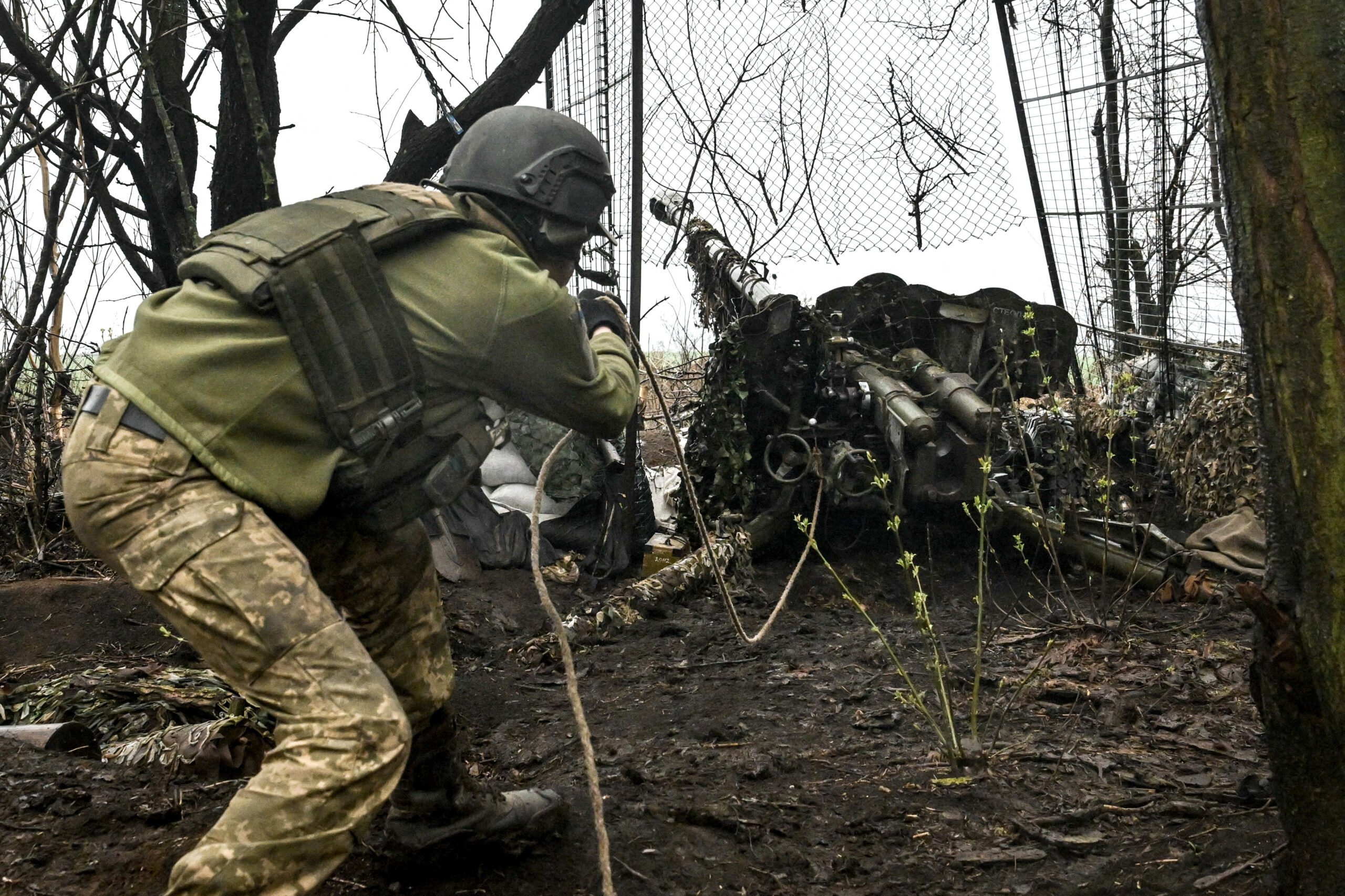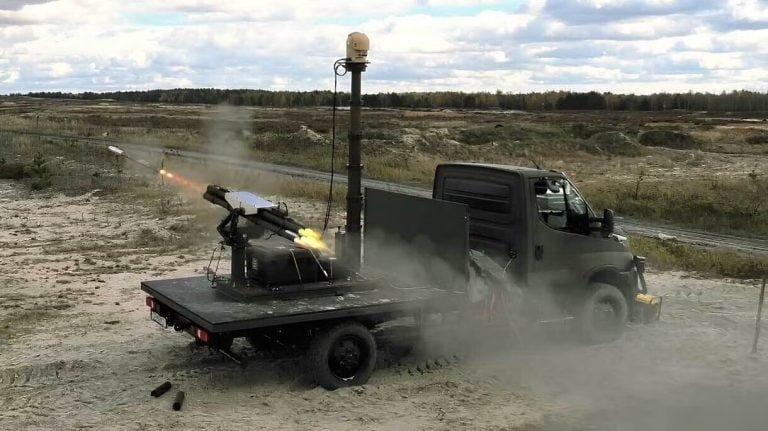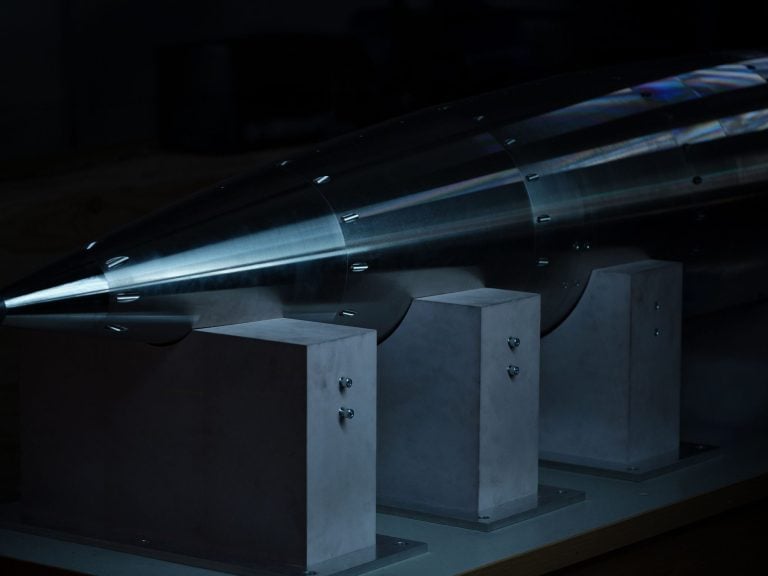The Ukrainian Ground Forces have implemented a new system aimed at enhancing the participation of foreign volunteers in their military efforts. This innovative approach allows foreign fighters greater autonomy in selecting their brigade, operational area, and specific role, tailored to their unique skills and experience.
This initiative is seen as a crucial step to improve the integration of foreign volunteers with Ukrainian troops, providing equal service opportunities while maximizing the efficiency of personnel deployment. The integration of foreign fighters into the Ukrainian military structure initially began under emergency measures introduced in 2022. These rapid procedures enabled the swift enlistment of volunteers, accommodating the urgent needs of the military. However, as battlefield conditions evolved, Ukrainian officials recognized the necessity for a more organized and sustainable system for integrating foreign recruits.
“We will continue to provide transparent, understandable, and effective service mechanisms for everyone who makes a conscious choice to stand alongside the Ukrainian military in the fight for freedom and security,” affirmed a spokesperson from the Ukrainian Army.
Recent reports indicate that over 8,000 foreign volunteers have actively joined the Ukrainian armed forces this year alone. Estimates suggest the total number of foreign fighters across all branches may be as high as 16,000. Additionally, there has been a significant increase in the monthly recruitment rates of foreign volunteers, rising from approximately 100-150 to around 600.
While the specifics regarding the nationalities contributing the most volunteers remain confidential for security reasons, the increased participation reflects a growing international commitment to supporting Ukraine amidst ongoing conflict.
In parallel, as Ukraine streamlines its foreign enlistment procedures, reports have surfaced regarding Russia’s own recruitment efforts targeting foreign nationals for military engagements in Ukraine. Intelligence from South Korean and Western agencies indicates that North Korea sent over 10,000 troops to support Russian operations, primarily in the Kursk region. Tragically, estimates suggest that around 2,000 of these North Korean soldiers may have been killed in combat.
Furthermore, Kyiv has revealed that approximately 1,338 Belarusian nationals have also joined Russian forces, with reports indicating that about a quarter of them have lost their lives in the conflict.
Overall, as both Ukraine and Russia adapt their military strategies and enlistment processes amid ongoing hostilities, the contributions of foreign nationals are increasingly becoming a significant factor in the dynamics of the war.







